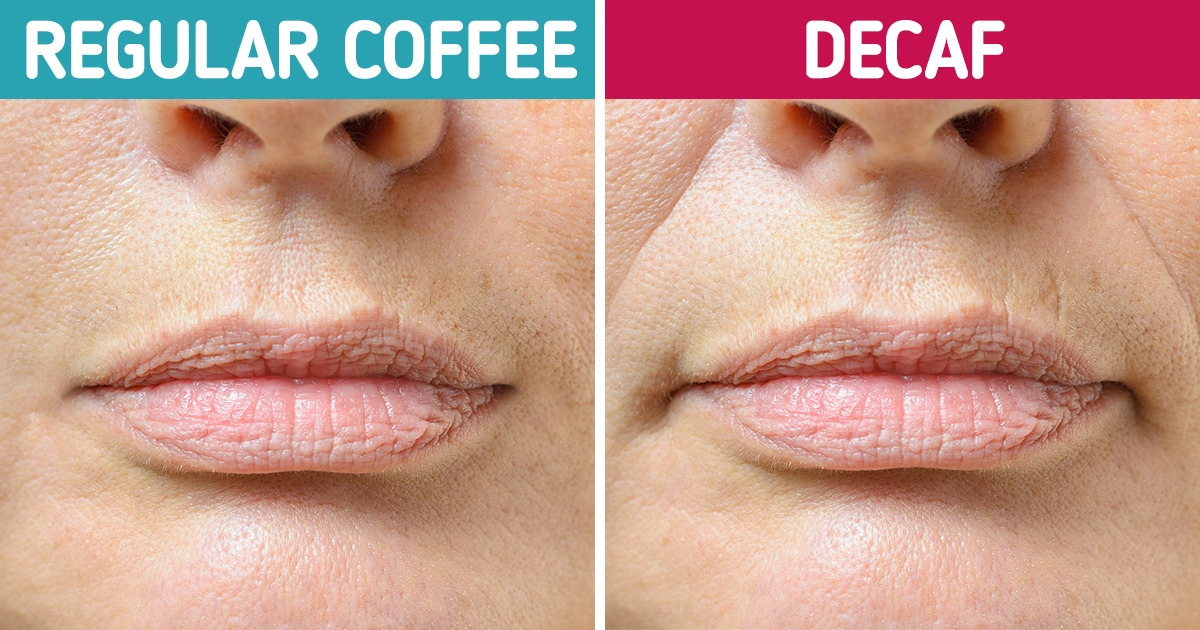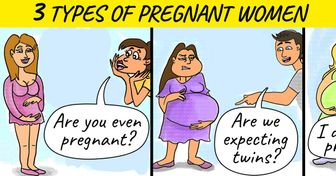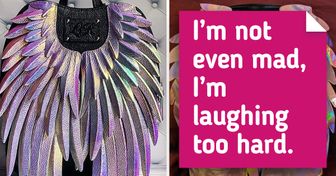For all of dads and moms that love to stay home to take care of their loved ones,


If your cup of coffee makes you jittery, switching to decaf may seem like the perfect solution. But, even though decaf contains much less caffeine than regular coffee, it isn’t necessarily a much healthier alternative. Turns out, your cup of decaf coffee has lots of potentially dangerous side effects you probably hadn’t even thought about.
Here at Bright Side, we were surprised to learn that it might be better to choose regular coffee over decaf, and we did some research to find out what side effects might be brewing in that cup of decaf.
Coffee beans naturally contain caffeine, and removing it often requires using chemicals that are pretty damaging to your health. To strip caffeine from coffee beans, many companies use methylene chloride, a harsh chemical found in paint stripper. When it gets into your body, methylene chloride can cause harm to your heart and liver, and even affect your reproductive health.
If you’re thinking of switching to decaf to keep your cholesterol levels under control, then you may want to look closely at the type of bean used in it. Research has shown that drinking decaf can significantly increase your levels of bad cholesterol, and the reason behind it is the bean selection. Most decaf coffees are made from Robusta beans that have a higher fat content and can raise your cholesterol. If you’re determined to drink decaf instead of regular coffee, look for brands that use Arabica beans.
Although drinking too much coffee poses many health risks, enjoying it in moderation actually offers some benefits, including younger looking and acne-free skin. Decaf, on the contrary, is a highly processed beverage that loses most of its natural bioactive ingredients in decaffeination. One of them is chlorogenic acid that can boost your immune system and even slow down skin aging.
Many pregnant women choose decaf over regular coffee to lower their caffeine intake, but just because decaf contains very little caffeine doesn’t necessarily mean it’s safe to drink a lot of it. Medical experts believe it’s perfectly safe for pregnant women to have one cup of brewed coffee a day, but if you opt for decaf, make sure not to drink too much of it.
It’s easy to forget that decaf still contains some coffee, and while your liver may be able to break it down, chances are your baby’s body won’t be able to do the same. Although decaf contains much less caffeine than regular coffee, it’s still recommended for pregnant women to drink no more than just one cup of it per day.
Do you prefer decaf or regular coffee? How many cups of coffee do you usually drink a day?
For all of dads and moms that love to stay home to take care of their loved ones,












